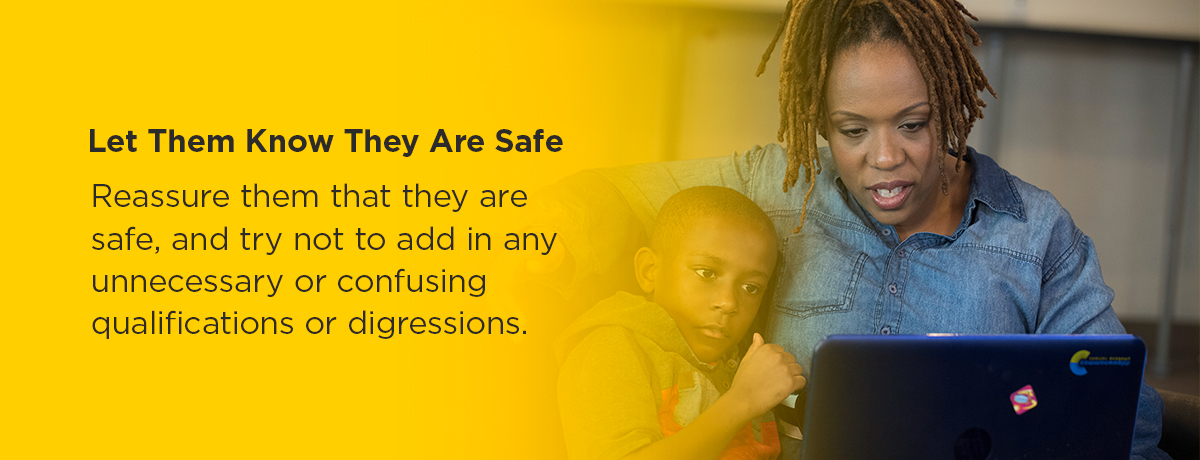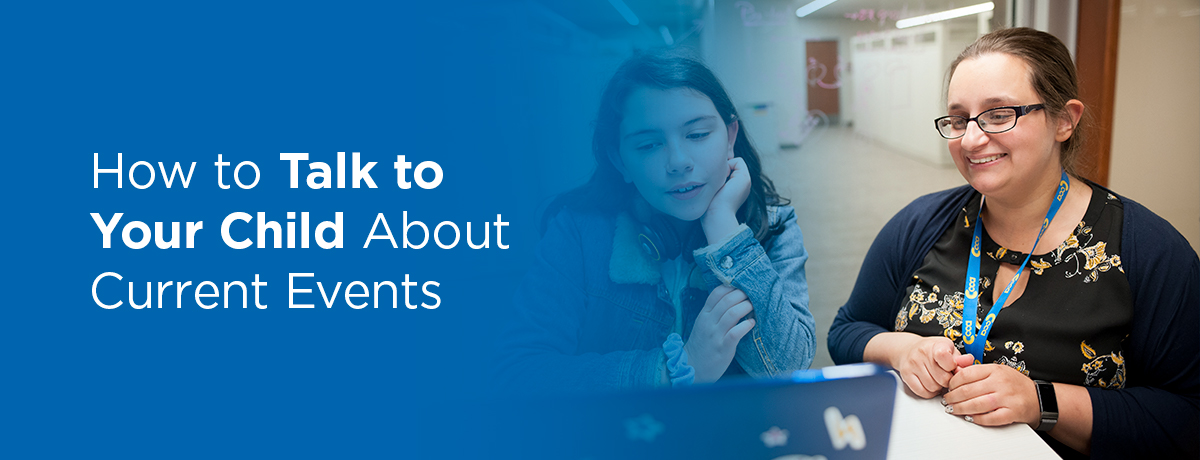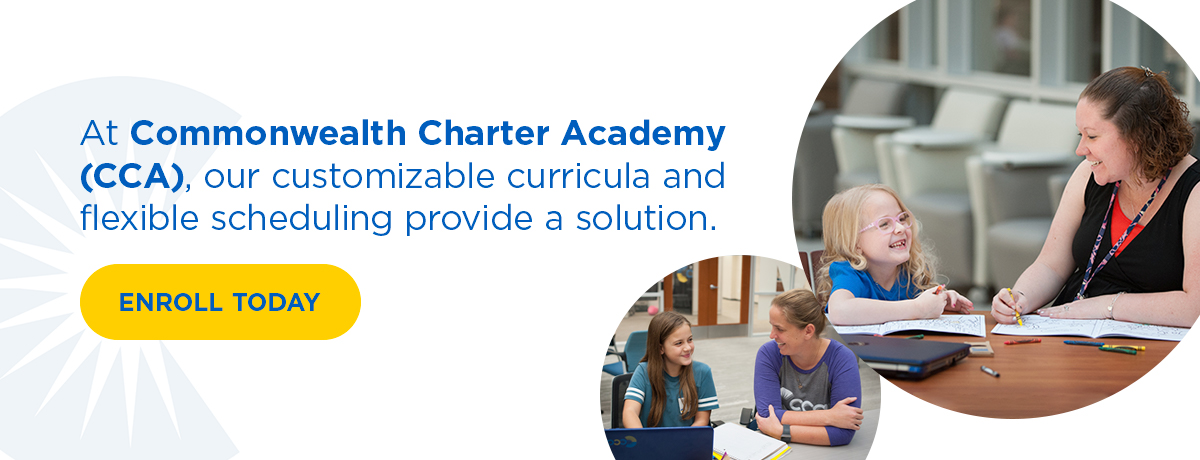It can seem difficult knowing how to talk to your kids about current events. After all, it’s even sometimes difficult to talk with friends and older family members about the news!
From discouraging topics like cyber bullying or climate change to politically charged topics like immigration reform and the student debt crisis, it may seem like there is no good way to explain the news to kids. Here, you’ll find 10 helpful tips on approaching the news in conversation with your child.
10 Tips for How to Talk to Your Child About Current Events
Each child is unique and will have their own reaction to current events, so you should approach discussions of the news in ways that best suit your child. That being said, the 10 tips assembled below should be helpful for everyone:
1. Educate Yourself on the Event Before Speaking With Your Child
One of the first things you can do is to make sure you are up to date with correct information regarding current events. When you understand what is going on in the news, you will be better equipped to answer questions, clear up misconceptions, and provide straightforward, age-appropriate information. Having a solid factual foundation for yourself will make the conversation much clearer and more fruitful.
2. Start by Asking What Your Child Already Knows
By doing this, you can learn what your child is already thinking regarding a specific current event. You will learn what might be concerning them, what questions they have, or what topics they don’t understand. From here, you can use the conversation to address these questions, fears, or points of misunderstanding. Rather than just unloading all of the information you have on the topic, you can focus your responses on your child’s specific concerns.
3. Try to Keep Your Message Age-Appropriate
How in-depth your answers are for certain events should change depending on the age of your child. Older children will likely want more specific information regarding current events, while those same specifics might be too intense for younger children. Similarly, younger children will have less knowledge and experience regarding many subjects in the news, so you will need to use language and explanations that make sense for their current levels of understanding.
4. Know You Can Set Limits
If your child is being exposed to frightening or violent news stories on a regular basis, don’t be afraid to set limits on their media consumption. Older kids might be better equipped to deal with difficult topics in the news, but too much violence or vitriol can be stressful for anyone, even adults.
Of course, children can certainly benefit from seeing an event covered by different sources, helping them understand the role bias can play in news coverage. However, it is also perfectly acceptable for parents to switch off the news if a story doesn’t seem appropriate or if your child has been flooded by too many stressful or violent images.
5. Ask Your Child Questions and Encourage Them to Ask Questions Too
After children have had time to think about the event and the information you’ve provided, ask questions and allow them to respond. That will show you how much they understood and how they are handling the event emotionally.
It’s also important to allow children to ask you questions about events in the news. Give them the ability to ask questions and speak about what’s on their minds without judgment. And if you don’t know the answer to a question, feel free to admit it. You can tell your child you will get back to them with an answer, or, for appropriate topics, you can turn their question into a learning experience by researching the answer together.
6. Validate the Way They Are Feeling
Children might react to different news stories in different ways. Confusion, anger, fear, or stress are all normal emotions when viewing shocking or violent news stories. Allow your child to express their various emotions, and try to be understanding and non-judgmental while also being comforting if necessary.

7. Let Them Know They Are Safe
For some children, especially younger kids, a main source of stress related to the news could be the question, “What if that happens to me or my family?” Reassure them that they are safe, and try not to add in any unnecessary or confusing qualifications or digressions. With fears about safety soothed, children will be able to engage further and deeper with the news topic in question.
8. Share Your Own Feelings and Experiences
When you share your feelings and experiences relating to the news story, it helps prevent your child from feeling isolated in their reaction. And it shows they, too, can push through their fears or their shock.
Discussing your emotions with your child will also show your relatability as a parental figure. Of course, as with many of the tips here, you will want to do this in an age-appropriate manner. Some feelings or experiences related to the news may not be appropriate to share in their entirety with a child.
9. Provide Examples of Similar Events in the Past if Possible
Because of their young age, many kids are experiencing events in the news for the first time, which gives these events greater weight. Showing examples of similar events that have already occurred, especially for potentially scary news stories, will help reassure your child that humanity has already overcome similar obstacles in the past.
10. Talk About What They Can Do to Help
Watching the news can often leave us feeling powerless. After all, we’re not the president, a legislator, or a military general. How can we make a difference?
Try to address these concerns with your child. If the news runs a story about a rise in bullying, stress to your child the importance of treating everyone with kindness and respect. If your child watches a story about injustices around the globe, talk about charities they could donate clothes or old toys to. By showing your child tangible action items they can pursue, you can reduce feelings of hopelessness while simultaneously showing your child how to make the world a better place.
How to Talk to Your Kids About the News With a Busy Schedule
Discussing current events with your kids is not a simple task, but following our 10 tips above will make it easier. Unfortunately, with the busy schedules of both modern parents and students, it might be difficult even knowing how much news your child consumes, let alone finding enough time to talk together about it. Where do you fit discussions about the news around eight hours of school or work, sports practice, schoolwork, running errands, and life in general?
At Commonwealth Charter Academy (CCA), our customizable curricula and flexible scheduling provide a solution. Students can incorporate current events into their learning, and parents can explore our flexible scheduling options to make time for important conversations. Learn more about how CCA works by requesting more information today!




